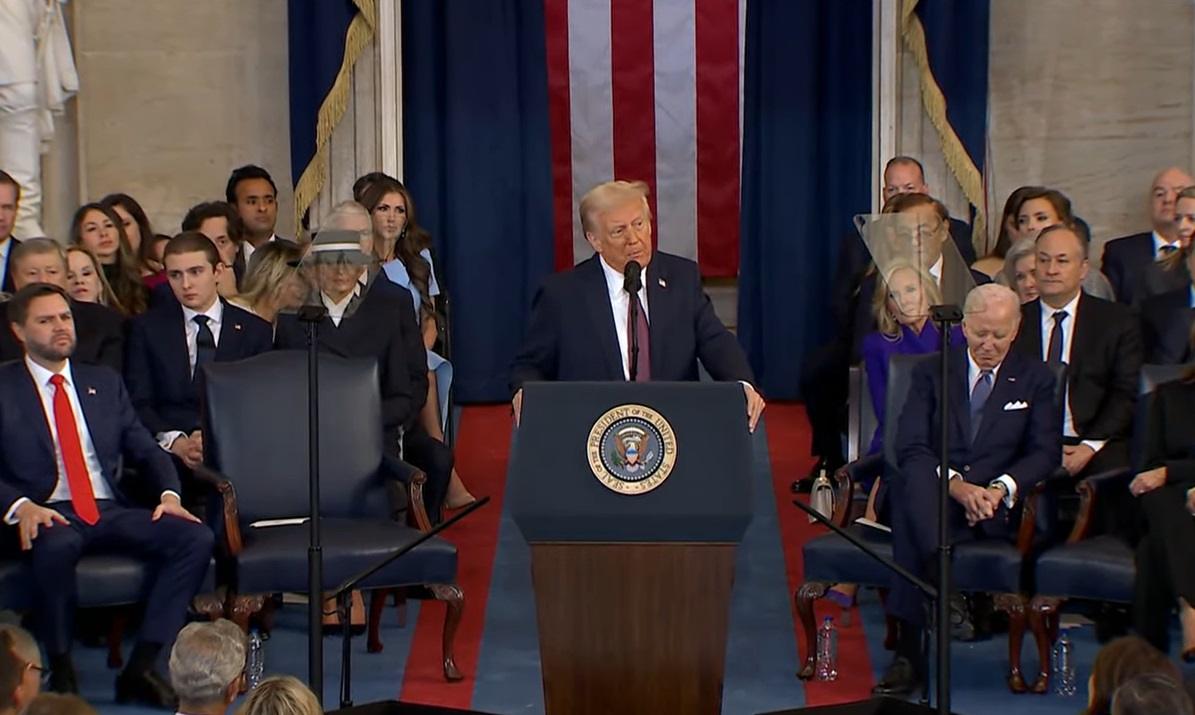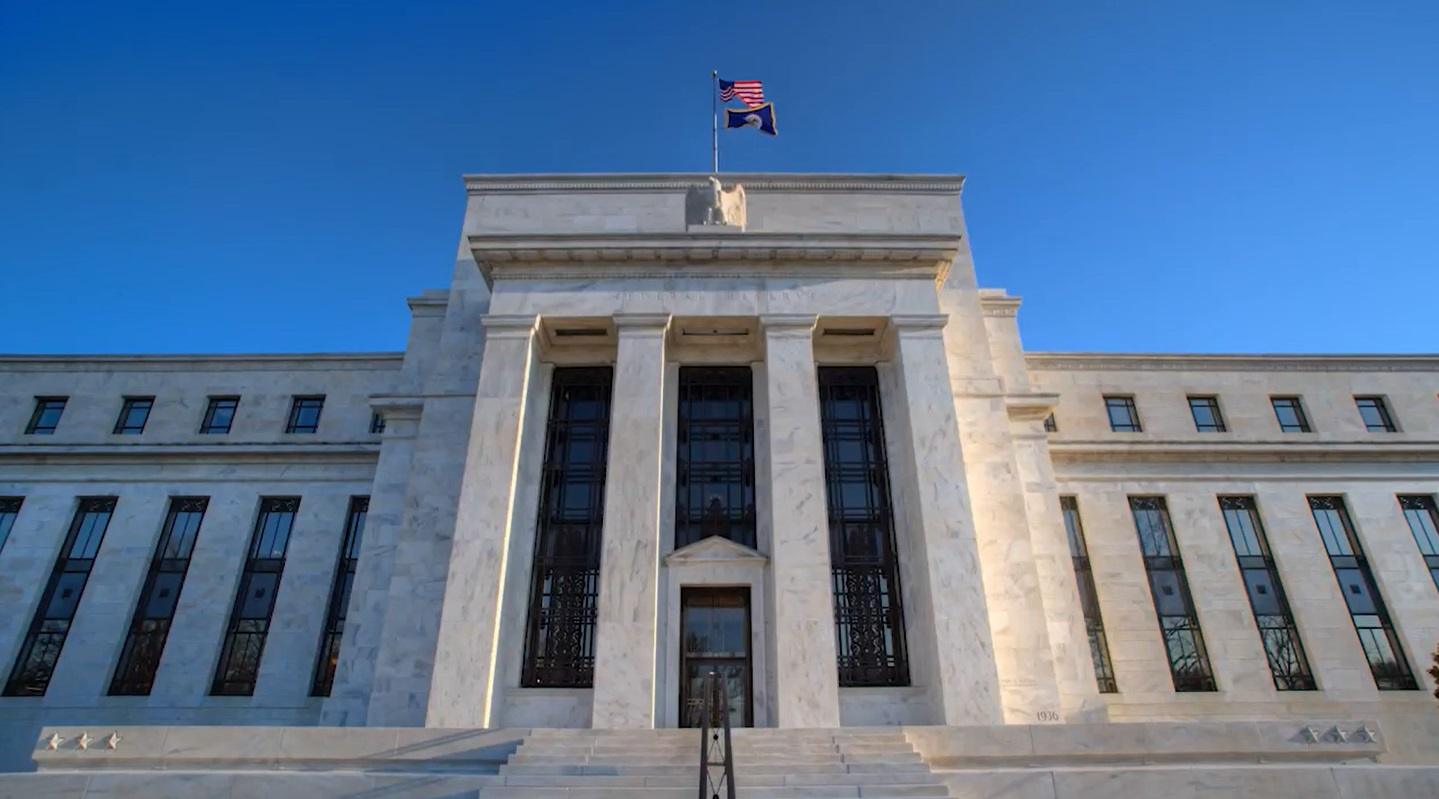EU Lawmakers Strike Deal to Establish European Green Bond Standards
Lawmakers in the European Parliament and the European Council announced today an agreement on the creation of standards for proposed European Green Bonds (EuGB), as well as voluntary disclosure guidelines for green bond issuers aimed at preventing greenwashing in the sustainable bond market.
Under the new proposed standard, issuers wishing to use the EuGB designation, described as the “gold standard” for green bonds will need to follow a strict set of investment and transparency criteria, including ensuring that all proceeds are invested in activities aligned with the EU Taxonomy.
Elisabeth Svantesson, Minister for Finance of Sweden, said:
“The new standard which we are setting will be useful for both issuers and investors of green bonds. Issuers will be able to demonstrate that they are funding legitimate green projects aligned with the EU taxonomy. And investors buying the bonds will be able to more easily assess, compare and trust that their investments are sustainable, thereby reducing the risks posed by greenwashing.”
The European Commission launched its EuGB regulation proposal in July 2021, as part of a series of initiatives aimed at promoting a more sustainable financial system and help facilitate the necessary investments to advance the EU’s and global climate goals.
The proposed green bond rules were designed to help facilitate the financing of sustainable investments through the creation of a gold standard for how companies and public authorities can use green bonds to raise funds on capital markets, while meeting rigorous sustainability requirements and protecting investors from greenwashing. Issuers choosing to use the EuGB designation would ensure that funds raised would be fully allocated to EU Taxonomy-aligned projects, provide full transparency through detailed reporting, and use external reviewers to ensure compliance.
In May 2022, the EU Parliament’s Economic and Monetary Affairs Committee unveiled a series of amendments to significantly widen the scope of the new regulations, with rules covering the entire green bond market. The proposals met resistance from industry groups, including the International Capital Markets Association (ICMA), which warned that the stricter regulations could push issuers to turn to other markets and other sources of finance resulting in market contraction and loss of EU sustainable bond leadership, and fragmentation of the international green bond market with the EU following different rules from an international market.
The new deal reached today includes a voluntary framework for sustainability-linked bonds and green bonds not issued with the EuGB designation, which the European Commission said will for the first time provide a standardized template to report information on the Taxonomy-alignment of green bonds, reducing administrative burdens for both issuers and investors.
Following the announced deal, ICMA Deputy CEO and Head of Sustainable Finance Nicholas Pfaff said:
“The voluntary nature of the EU Green Bond label and of the wider sustainable bond disclosures should ensure that the EU GBS supports Europe’s leadership in the international sustainable bond market.”
For EuGBs, the agreement confirms that all proceeds will need to be invested in economic activities that are aligned with the EU Taxonomy, while adding flexibility enabling 15% to be invested in economic activities that comply with the taxonomy requirements, but in sectors that don’t yet have established taxonomy criteria.
The new rules also establish a registration system and supervisory framework for external reviewers of European green bonds, aimed at standardizing reviewers’ verification work and improving trust in the review process.
European Parliament negotiator Paul Tang said:
“With EUR 100 trillion in annual trades, the European bond market is the single most popular option for businesses and governments to raise finances. Tonight the EU has taken a big step to green this massive market by adopting the first regulation in the world on green bonds. But we have also gone further by tying green bonds to the overall green transition of the company as a whole.”
The proposed rules will now be sent for confirmation by the Council and the European Parliament, and will apply 12 months after entering into force.





